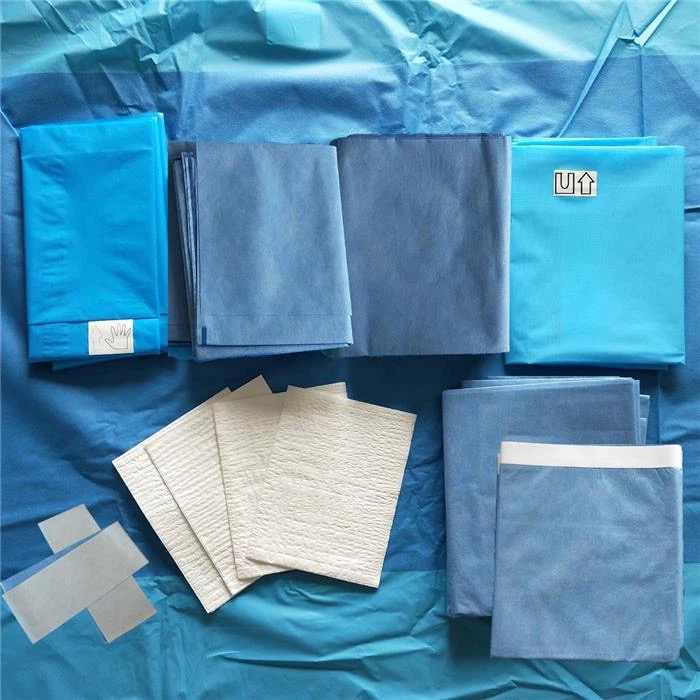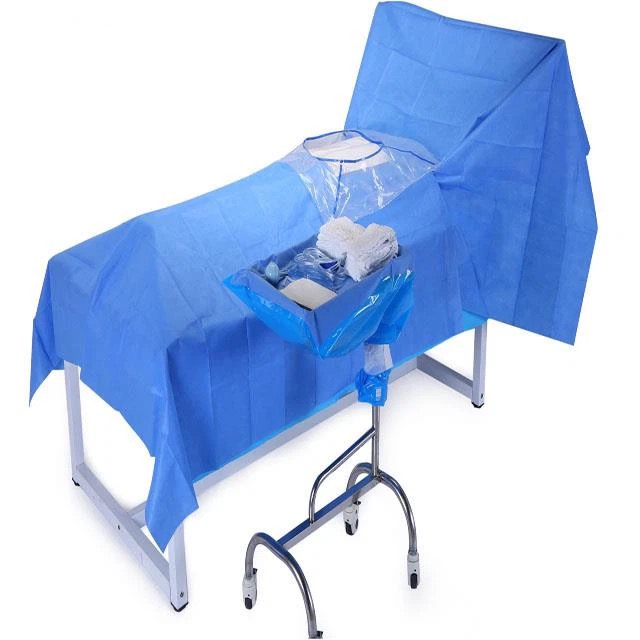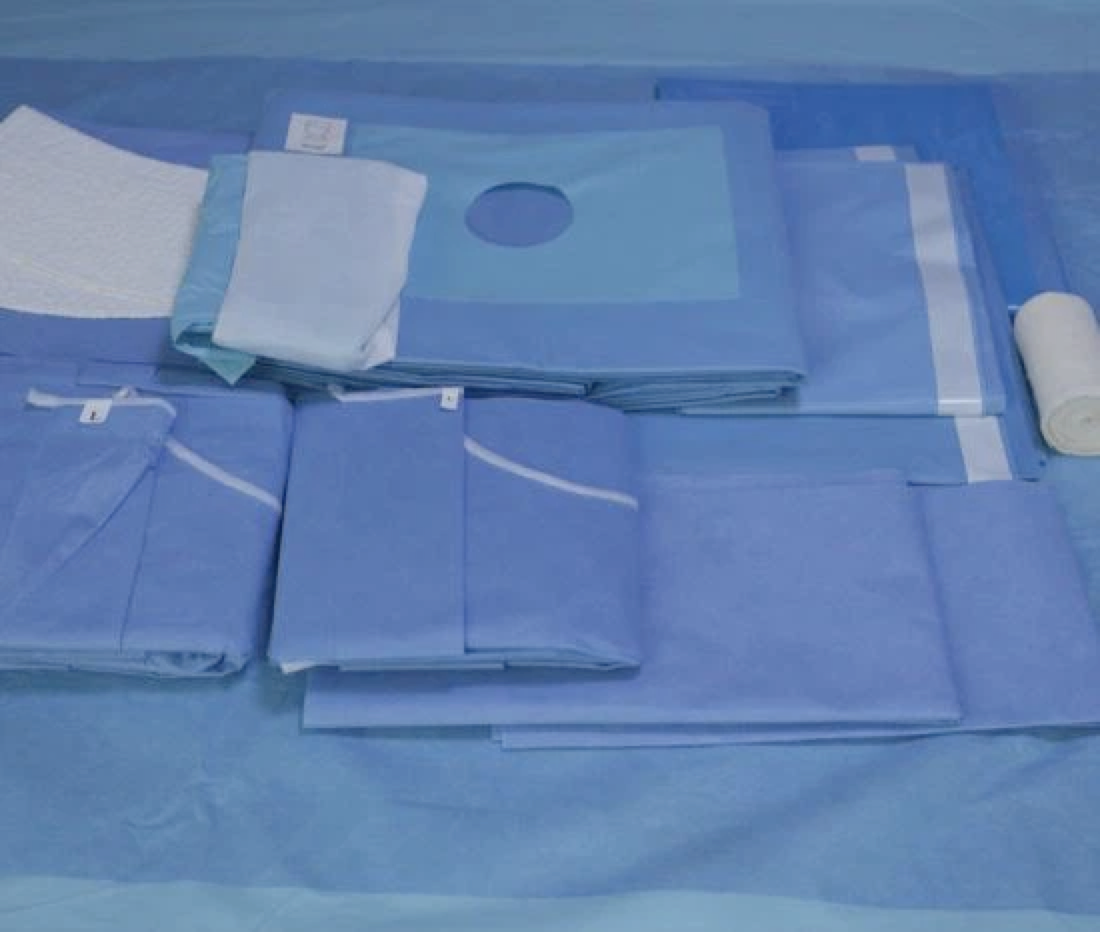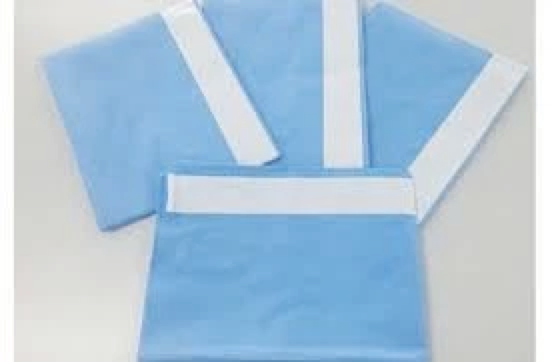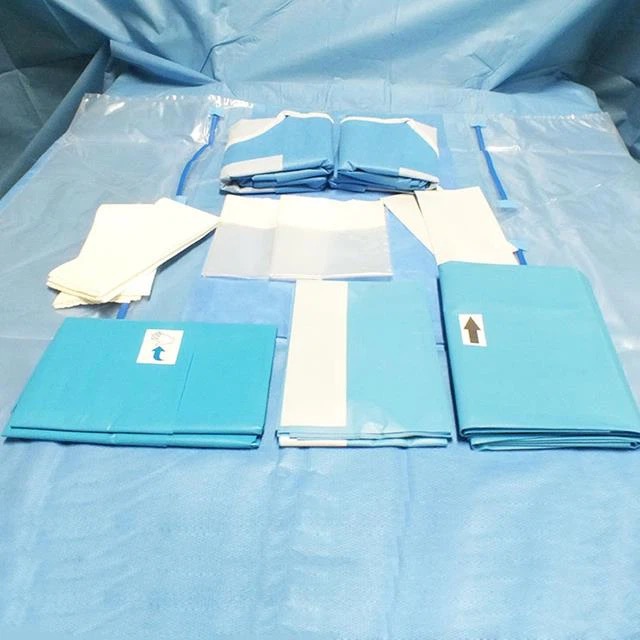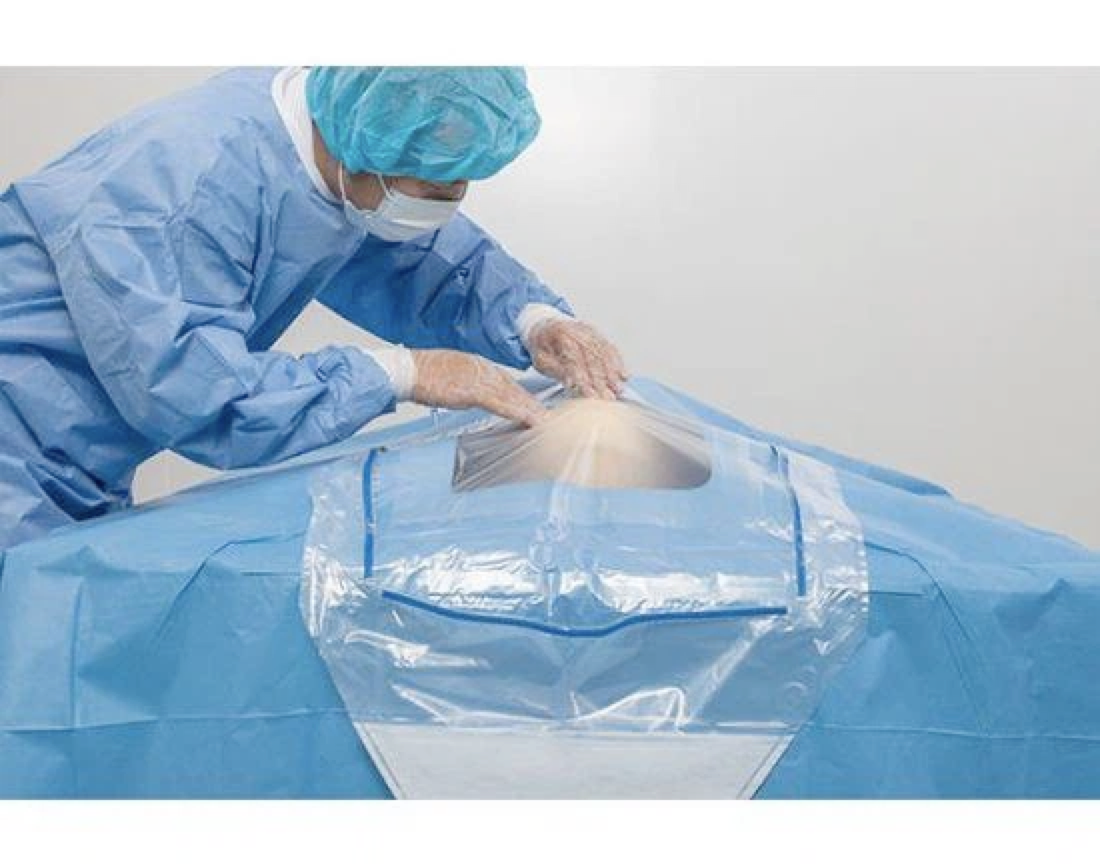There are disposable and reusable medical isolation gowns, and it is recommended that hospitals routinely use reusable medical isolation gowns. At present, there are already reusable medical isolation gowns on the domestic market that are thin and breathable, and the styles follow the international products (such as isolation gowns with hats, and surgical gown-type isolation gowns that are convenient for one person to wear), which are more suitable for the actual needs of the clinic. After the use of reusable medical isolation gowns, they must be cleaned and disinfected in strict accordance with the product instructions, and the number of times of reuse should also be in accordance with the provisions of the product instructions.
In the diagnosis and treatment, care by contact transmission of infectious diseases (such as intestinal infectious diseases, multi-drug-resistant bacterial infections, etc.) patients or contact with patients around the living environment should wear medical isolation garment; close contact with respiratory infectious diseases should also wear medical isolation garments; in the bone marrow transplantation wards, intensive care and rescue wards, wards of patients with extensive burns and other protective environment for the diagnosis and treatment, nursing care, you need to wear aseptic medical isolation gowns Protective isolation.
Surgical gowns conforming to YY/T 0506.2-2016 "Surgical sheets, surgical gowns and clean garments for patients, healthcare personnel and instruments Part 2: Performance requirements and test methods" have the specific requirements of wet and dry microbial penetration blocking performance and water permeability resistance indexes, and can also play the protective effect of medical isolation gowns, and can be used as a substitute for medical isolation gowns when it is not possible to obtain medical isolation gowns. . Therefore, when operating on patients with neococcal pneumonia, as long as there are qualified surgical gowns to protect them, medical isolation gowns or medical protective gowns may not be worn for personal protection.
In view of the transmission routes and possible exposure risks of the new coronavirus, it is not recommended that medical staff should wear waterproof aprons over medical isolation gowns for enhanced liquid barrier.
Medical isolation gowns purchased for use in hospitals should have medical device product registration documents and full performance test reports.
